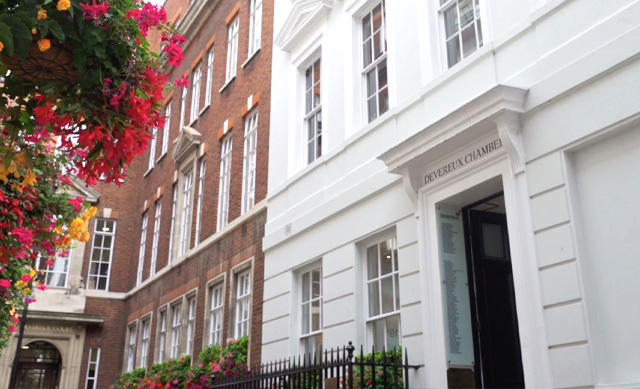In TUI UK Ltd v Griffiths [2023] UKSC 48, the Supreme Court has confirmed that the court is generally bound to accept a party’s expert evidence which is neither challenged in cross-examination nor contradicted by the opposing party’s evidence.
Mr Griffiths had brought a claim against the defendant travel company alleging that the stomach upset he suffered while staying in an all-inclusive hotel on a package holiday in Turkey had been caused by food or drink served at the hotel. Mr Griffiths relied on the expert evidence of a microbiologist in support of his case on causation. The defendant did not require the expert to attend trial for cross-examination or lead any evidence of its own. The trial judge accepted criticisms of the expert’s evidence made by counsel for the defendant in closing submissions, and dismissed the claim on the basis that Mr Griffiths had failed to prove his case on the balance of probabilities. Mr Griffiths succeeded on appeal to the High Court. The Court of Appeal restored the trial judge’s decision by a majority, with Bean LJ giving a strong dissent.
The Supreme Court unanimously allowed Mr Griffiths’s appeal. In civil cases a party is generally required to challenge in cross-examination the evidence of any witness of the opposing party on a material point if he or she wishes to submit to the court that it should not be accepted. The rule extends to witnesses of fact and expert witnesses. Its purpose, in our adversarial system of justice, is to ensure that the trial is fair.
Robert Weir KC, Stephen Cottrell and Thomas Westwell acted for the successful claimant, instructed by Philip Banks and Jatinder Paul of Irwin Mitchell LLP (Birmingham).
To read the full judgment, please click here.
